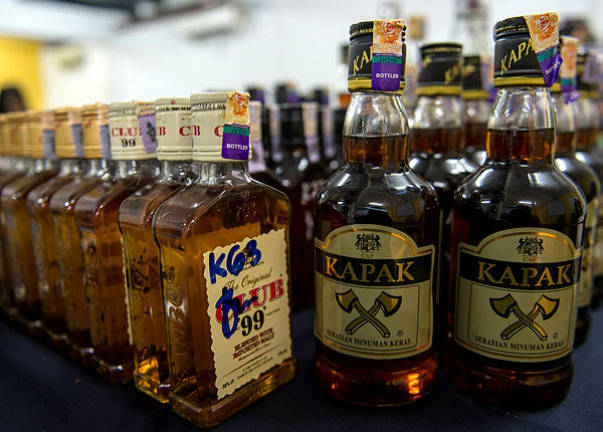IT is tough to jump-start the economy after almost all activities ground to a halt during the eight-week movement control order (MCO). With global oil prices slumping to a new low and the need to be fiscally prudent, an out-of-the-box approach is needed.
Prime Minister Tan Sri Muhyiddin Yassin has put the daily economic loss at RM2.4 billion as long as the MCO is in place. On Labour Day, he said the total loss was a staggering RM63 billion.
However, Pankaj Kumar, a former chief investment officer of an insurance fund, put the losses closer to RM116 billion. He suggested several measures to fund the country’s post-Covid-19 pandemic recovery.
One idea he raised was tackling the black market or the shadow economy. About RM300 billion is lost to the shadow economy annually due to the illicit trade in contraband items, corruption and tax avoidance.
As former finance minister Lim Guan Eng put it, Malaysia’s shadow economy is uncommonly high for a developing country at 20% of our gross domestic product (GDP).
Shadow economy grows rapidly where taxes are too high, legislation to tackle smuggling is poor and law enforcement in curbing them is weak. The obvious answers are to review excise duties and introduce better enforcement.
Illicit trade like smuggling, counterfeit goods and tax evasion not only causes governments to lose tax revenues, but also undermines legitimate businesses, and exposes consumers to unregulated or unsafe products.
Consumers need to be protected and legitimate businesses assured of a more level playing field when up against illegal operators.
Among the counterfeits or smuggled luxury goods in the black market are electronic products, alcoholic beverages and cigarettes. Bootlegging has also hit many countries during the containment period and consumers have turned to contraband due to unavailability of licensed goods.
Let’s take the beer industry as an example. The Confederation of Malaysian Brewers Bhd listed on its portal that Heineken and Carlsberg supply approximately 80% of the beer in the local market.
Despite operating in a challenging environment, the industry contributes more than RM2.2 billion in taxes annually.
However, it lost up to RM189 million in revenue per month due to closure of operations. Their loss is also the nation’s loss. Only operators in the shadow economy stand to gain.










